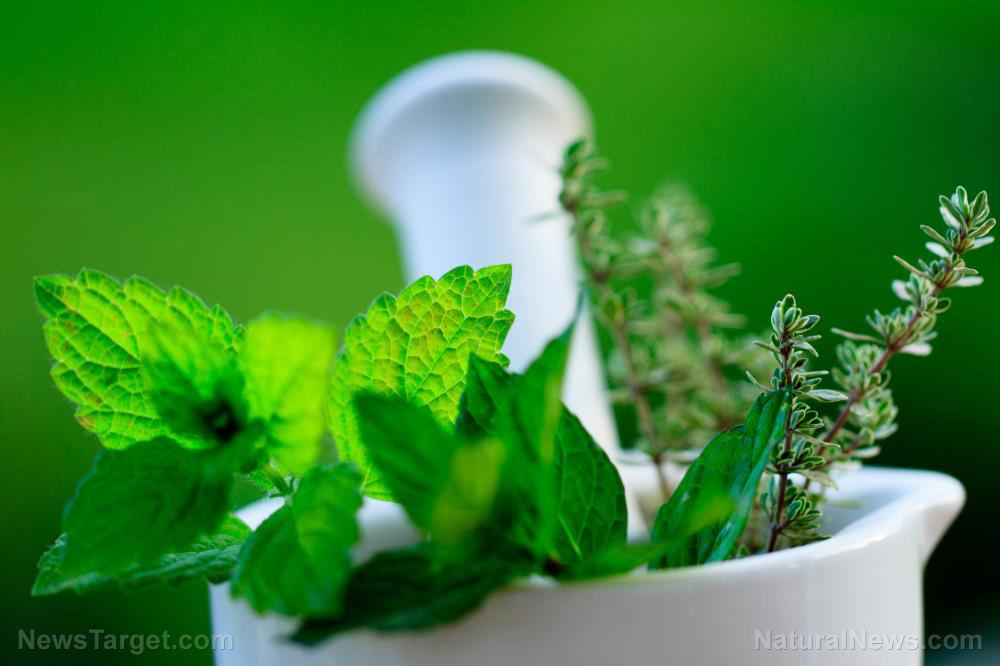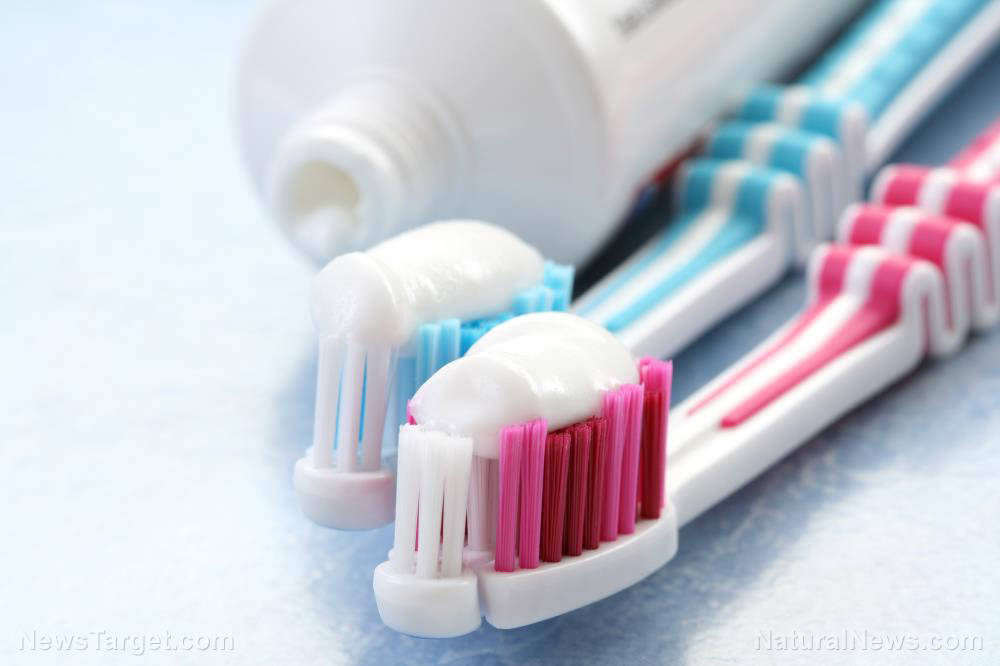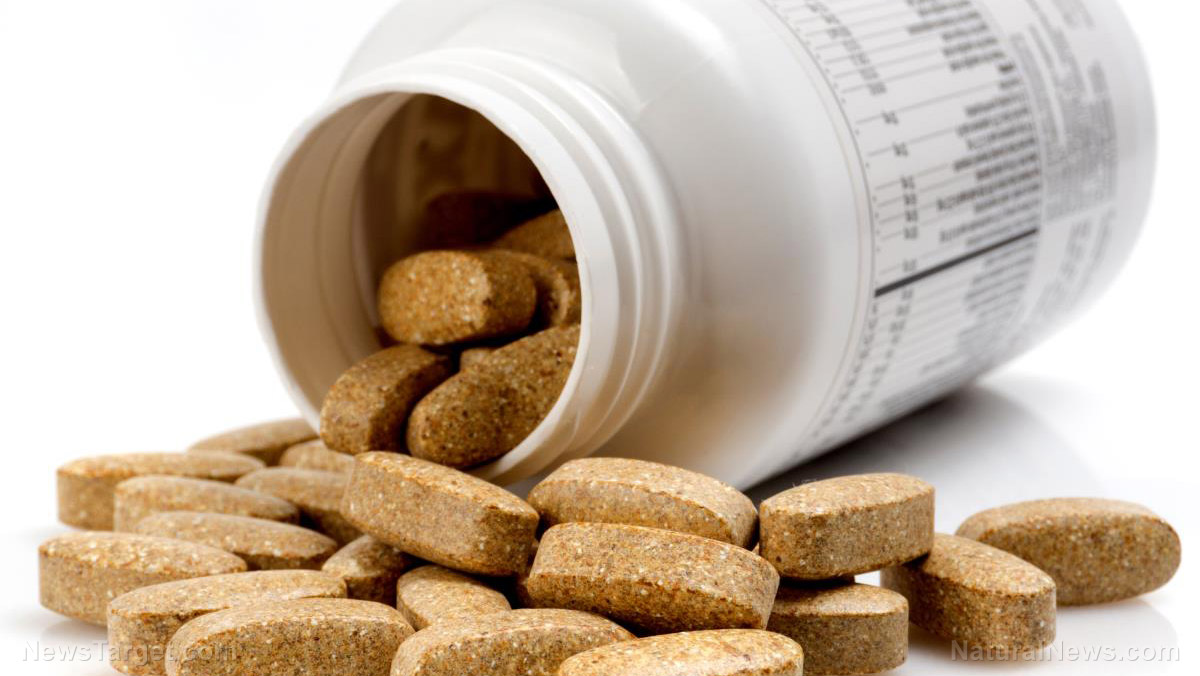Study: Resveratrol, a compound found in grapes, can protect against cognitive decline
08/26/2022 / By Belle Carter

Several studies have found that resveratrol, a compound found in grapes, berries, peanuts and red wine, can help protect brain cells by stimulating the destruction of specific proteins.
A recent study published in the Journal of Neuroinflammation showed that resveratrol supplementation reduced cognitive and functional decline in patients with mild Alzheimer’s disease.
Resveratrol is a natural substance produced by several types of plants as a response and defense against stress, fungi, toxins or ultraviolet radiation. Because of its protective nature, resveratrol is classified as a flavonoid antioxidant and has been the subject of much scientific scrutiny for its health-promoting qualities.
One such quality is its ability to support brain and nervous system health. Resveratrol is unique among antioxidants because it can cross the blood-brain barrier – meaning, it can be beneficial to neural health. (Related: A balancing act for Alzheimer’s: Researchers explore resveratrol’s antioxidant effects and the risks of alcohol consumption.)
According to Dr. David Sinclair, Harvard Medical School professor of genetics, resveratrol induces autophagy, which is a type of cellular defense that targets old, damaged proteins for destruction and recycling.
A 2018 study published in Biomedicine supported this claim as researchers found that resveratrol has neuroprotective effects. They reported that the compound promotes the clearance of beta-amyloid peptides, thus reducing beta-amyloid plaques in the brain.
Resveratrol was also found to reduce neuronal apoptosis, where a neuron orchestrates its own destruction. It also provides neuroprotection to healthy individuals and helps protect cognitive function into old age.
Moreover, a 2015 clinical trial on high-dosage resveratrol published in Neurology found that long-term resveratrol treatment of individuals with mild to moderate Alzheimer’s appeared to stop, or at least slow, the progress of the disease.
As per the study, in people who took resveratrol, the Abeta40 (main component of the amyloid plaques) levels remained stable, whereas the placebo group’s levels dropped. However, research team leader Dr. R. Scott Turner warned: “This is a single, small study with findings that call for further research to interpret properly.”
Resveratrol offers joint support and helps ease arthritic inflammation
A clinical study conducted in 2018 found that resveratrol also offers a helpful company for people who are suffering from rheumatoid arthritis (RA).
Scientists found the compound to have anti-inflammatory properties, so a study was conducted to see if it could suppress arthritic inflammation in humans. The study involved patients with varying degrees of RA.
The controlled study published in Clinical Rheumatology included a group that was provided one gram of supplemental resveratrol with conventional treatment daily for three months, and another group that was given the conventional treatment only.
The investigators found that the resveratrol group experienced less swelling and tenderness in joints and also had lowered levels of pro-inflammatory substances, including the “usual suspects” such as C-reactive protein, matrix metalloproteinase-3, necrosis factor-alpha and interleukin-6.
It also helps to know how much resveratrol is right for a person and what could be the adverse effects if taken over the dosage prescribed.
Many clinical trials have used resveratrol up to five grams per day and found no toxic side effects. But in some research studies, amounts of over 2.5 grams a day caused side effects such as nausea, vomiting and diarrhea.
There has also been a paradoxical finding concerning resveratrol, with some studies suggesting that resveratrol can sometimes behave more like a pro-oxidant than an antioxidant – even causing DNA damage and oxidative stress.
Researchers speculated that this phenomenon seems related to the amount consumed – and perhaps to the individual’s age – with more research clearly needed. Before supplementing with resveratrol, consult a natural health practitioner to find the safest and most beneficial amount for you.
Learn more about natural treatments for Alzheimer’s at Alzheimers.news.
Watch the below video that talks about the benefits in brain power, health and longevity of resveratrol.
This video is from the Health Ranger Report channel on Brighteon.com.
More related stories:
Resveratrol and exercise found to attenuate fracture risk in mice with Alzheimer’s disease.
Resveratrol and exercise found to reduce risk of bone fractures in elderly patients with Alzheimer’s.
Compound in red wine can slow down aging.
Sources include:
Submit a correction >>
Tagged Under:
Alzheimer's disease, anti-inflammatory, antioxidant, brain health, food cures, food is medicine, food science, natural cures, natural health, natural medicine, phytonutrients, remedies, research, resveratrol, rheumatoid arthritis
This article may contain statements that reflect the opinion of the author
RECENT NEWS & ARTICLES
COPYRIGHT © 2017 NATURAL MEDICINE NEWS




















